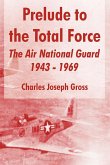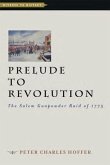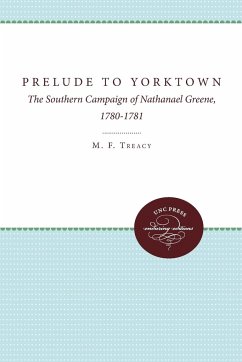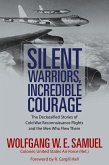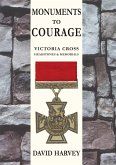During World War II the United States mobilized over sixteen million men and women to fight Nazi Germany and Imperial Japan. Nearly one-half million of those patriots, including Lieutenant Austin Rodney Keith, did not return. This is his story; the story of a young theater-loving Maine man caught up on the stage of history. Austin trained as an air warrior with the Army Air Forces. War service took him to places far from his Bangor, Maine, home, but he never let go of his dream for a future in theater. Wartime letters to his theater professor and mentor detail his passion. As months of war became years, though, Austin became keenly aware of his own mortality. Death lingered nearby with every dangerous mission. In a remarkable letter to his parents, Austin foresaw his own demise, admitted his fear, but reassured his folks with his faith. Austin's faith gave him the courage and strength to bravely lead his men into each combat mission. Austin and his crew landed in Saipan in early January, 1945. He was a pilot of the nation's most sophisticated mass weapon yet developed, the B-29 Superfortress. Soon, he and his men joined other crews as they made harrowing journeys across hundreds of miles of open ocean to bomb Japan. Austin was killed in action on February 25, 1945, when the B-29 (Superfortress) bomber of which he was a crew member, collided with another aircraft while assembling to participate in a combat mission to Tokyo, Japan. Both aircraft crashed into the sea, and there were no survivors from either plane. Austin was one of more than 15,000 young airmen who were lost either in collisions or other tragic accidents. Several photos, a bibliography, and an index to full names and places augment this work.
Hinweis: Dieser Artikel kann nur an eine deutsche Lieferadresse ausgeliefert werden.
Hinweis: Dieser Artikel kann nur an eine deutsche Lieferadresse ausgeliefert werden.


